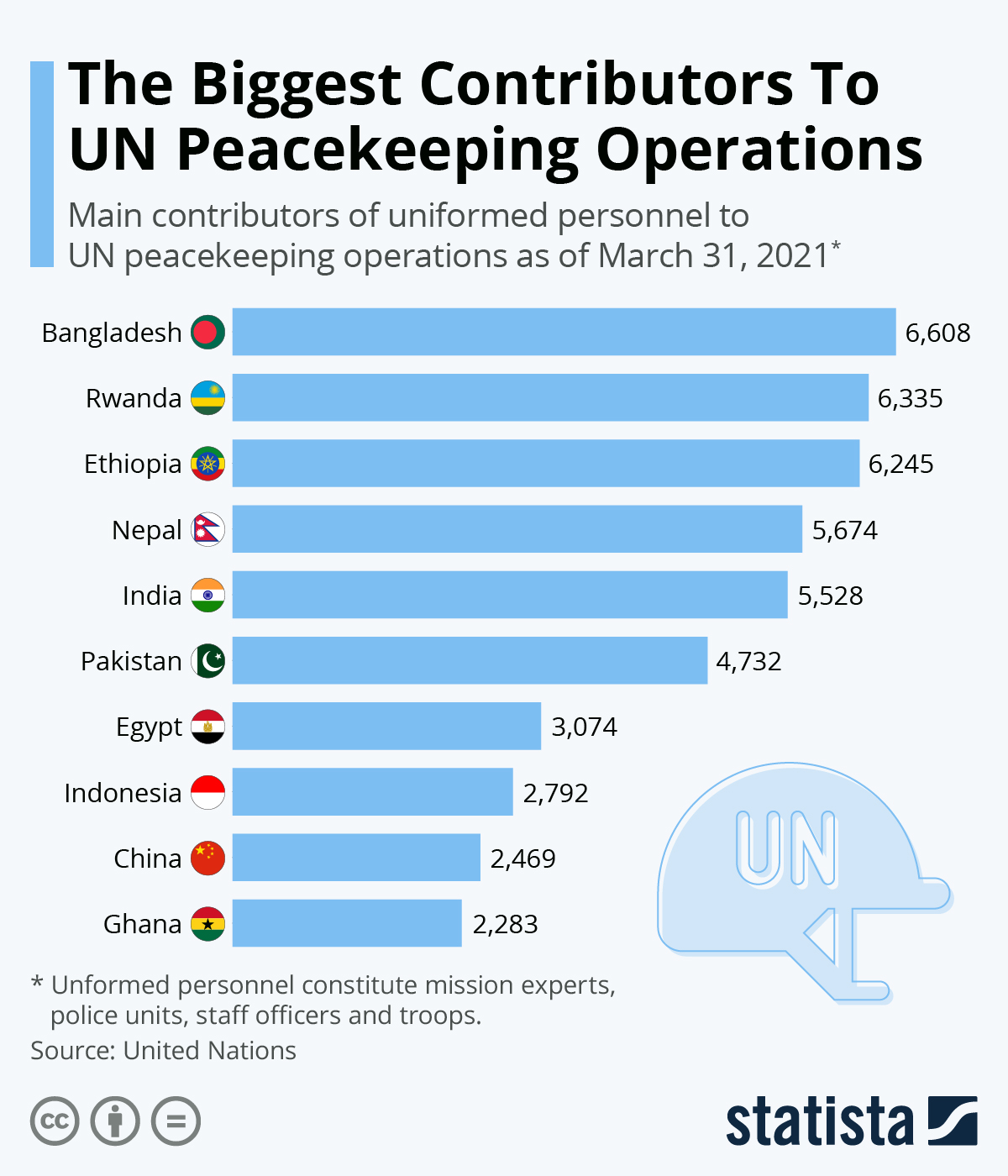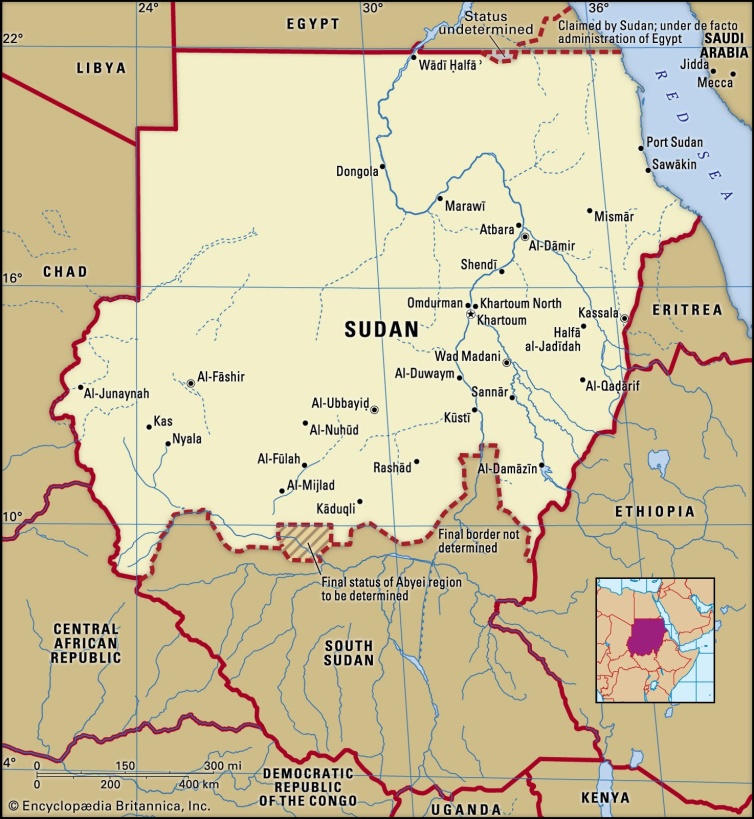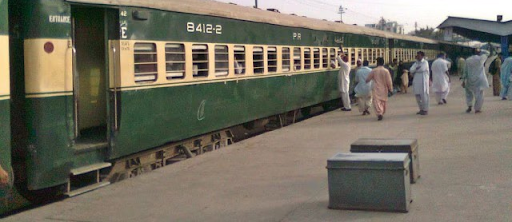Description

Disclaimer: Copyright infringement not intended.
Context
Over 1,100 Indian troops serving with the United Nations Mission in South Sudan (UNMISS) have been honoured with UN medals for their outstanding service in the war-torn East African nation.
Process of Decision Making
- To efficiently attain a particular end or objective, an ordered and cohesive scheme must be established: this is the decision-making process that will lead to the most appropriate plans.
- An Integrated Mission Planning Process is the product of the UN's integrated mission operations.
- Aside from the police component, integrated missions have a military component, a civilian component, and mission support.
- In UN missions there are three planning levels:
- Strategic;
- Operational and,
- Tactical
- The tactical planning is produced within each component, while the strategic and operational planning are connected.
- The concept of maneuver and the associated orders to be carried out by FPU personnel are the result of a methodical analysis of various factors that lead to a decision that is always in accordance with the mission mandate, UN doctrine, the rule of law, and strategic and operational level guidelines and orders.
|
Note:
· The United Nations' Department of Peace Operations oversees peacekeeping as a "tool designed by the organisation as a method to assist countries devastated by war in creating the conditions for durable peace."
· Peacekeepers monitor and watch post-conflict peace processes, as well as assisting ex-combatants in executing peace accords they may have signed.
· As a result, UN peacekeepers (also known as Blue Berets or Blue Helmets because to their light blue berets or helmets) might be military, police officers, or civilians.
|
Principles of Peacekeeping
These three principles are inter-related and mutually reinforcing:
- Consent of the parties
- The key parties to a dispute provide their approval for UN peacekeeping forces to be deployed.
- This necessitates the parties' commitment to a political process.
- Their approval of a peacekeeping mission gives the UN with the essential political and physical independence to carry out its statutory objectives.
- Impartiality
- Impartiality is essential for retaining the key parties' consent and cooperation, but it should not be confused with neutrality or inaction.
- Peacekeepers from the United Nations should be impartial while dealing with conflict parties, but not neutral when carrying out their mandate.
- Non-use of force except in self-defence and defence of the mandate
- UN peacekeeping missions are not intended to be used as a means of enforcing the law.
- They may, however, employ force at the tactical level with the Security Council's permission if acting in self-defense or to defend the mandate.
Role of India
- India has participated in 49 UN peacekeeping deployments so far, contributing over 200,000 troops and a large number of police officers.
- With 7,860 people deployed with 10 UN Peacekeeping Missions in 2014, India is the third largest troop contributor nation [TCC], with 995 of them being police officers, including the UN's first female formed police unit.
- The United Nations recently praised Indian peacekeepers for their efforts in avoiding a massacre in the South Sudan conflict, which resulted in the deaths of two Indian soldiers.
Sudan

- It is a country in Northeast Africa.
- It is bordered on the southwest by the Central African Republic, on the west by Chad, on the north by Egypt, on the northeast by Eritrea, on the southeast by Ethiopia, on the northwest by Libya, on the south by South Sudan, and on the north by the Red Sea.
https://epaper.thehindu.com/Home/ShareArticle?OrgId=GRQ9P1MJV.1&imageview=0
















